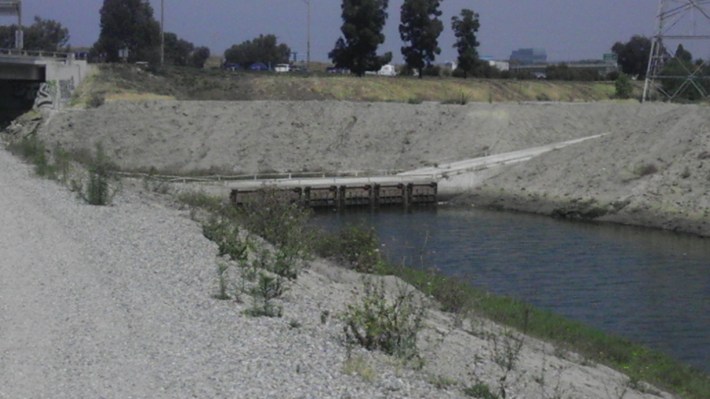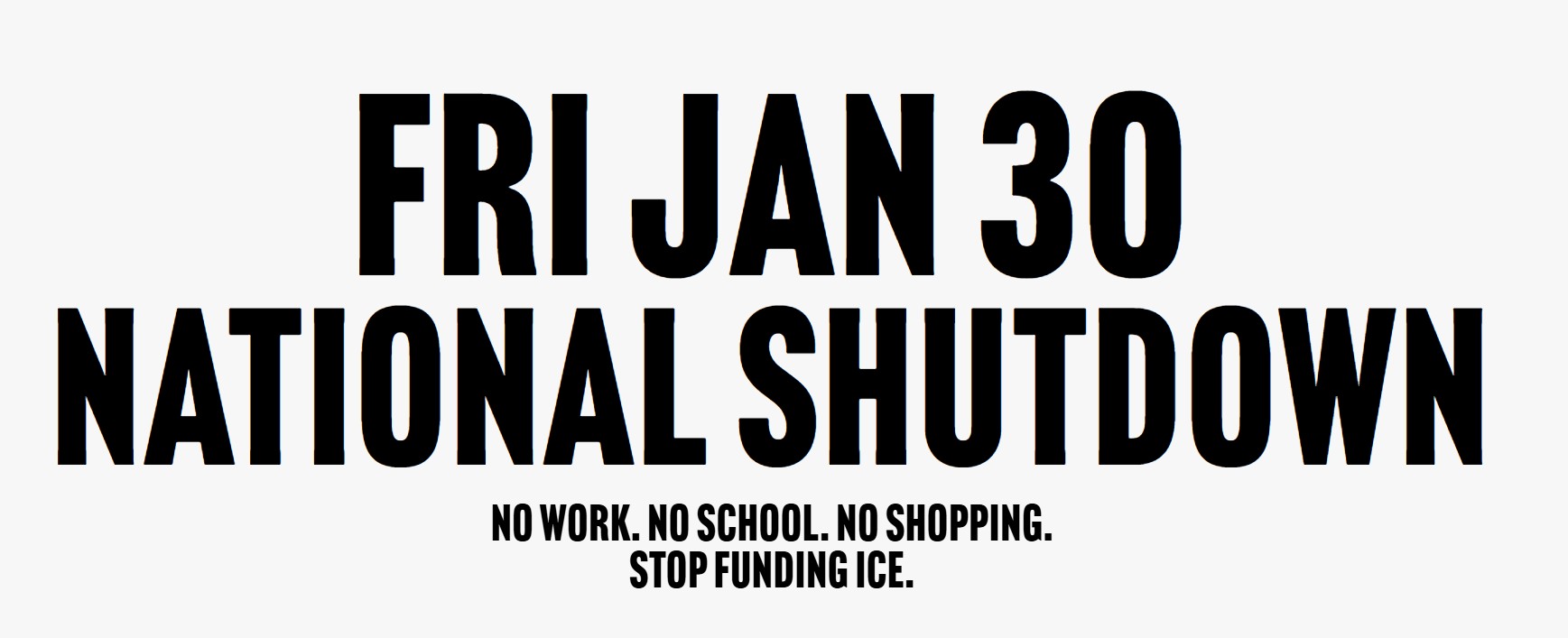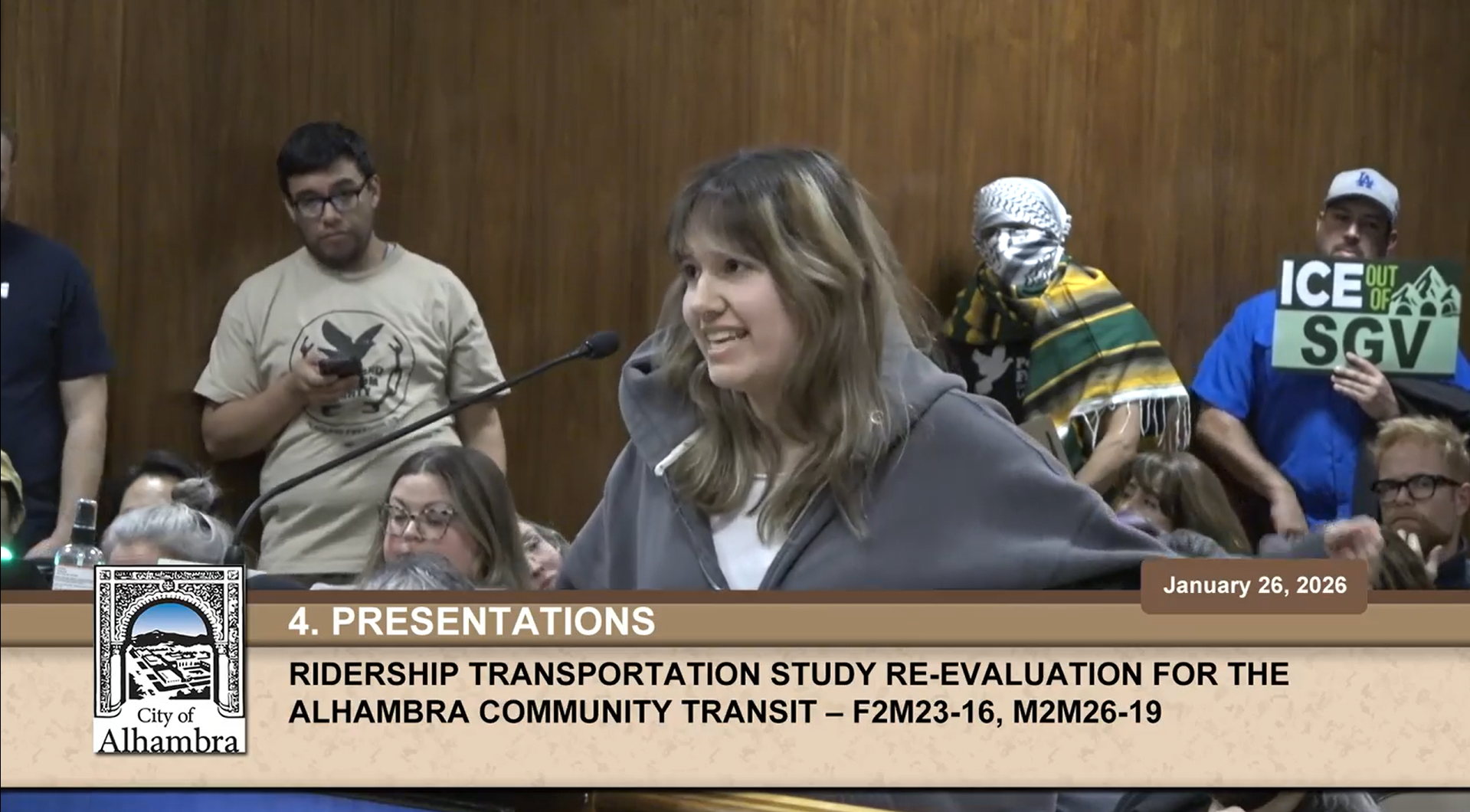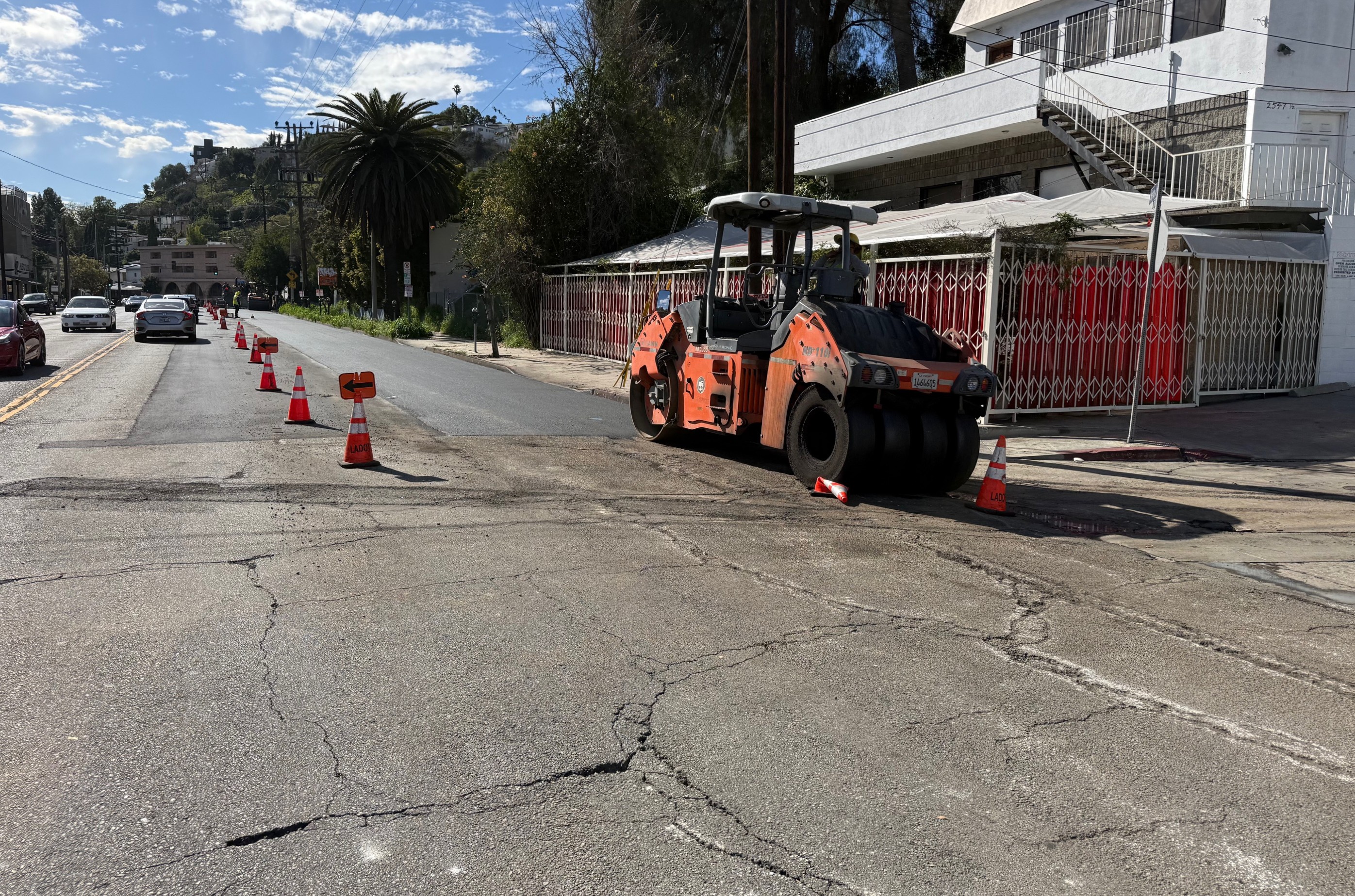
While much of the attention on yesterday's Metro Board committee hearings was on the showdown over active transportation in the Short Range Transportation Plan, some good news emerged in the Congestion Reduction Committee tasked with overseeing Metro's ExpressLanes Program.
Over $26 million in funds collected by variable toll lanes on the I-10 and I-110 were programmed, pending Board approval, for projects that include a Downtown Los Angeles Bike Share program, a Union Station Bike Hub, MyFigueroa outreach/marketing, and active transportation projects in El Monte, Carson, Monterey Park, Baldwin Park, and other parts of the county. The rest of the programmed funds will go towards improvements in station access to the express bus services, improvements to the ExpressLanes themselves, and even a Dodger Stadium Express bus service for the South Bay area.
The Metro staff report, including a two-page table breaking down the funded and un-funded applications, can be found here.
At yesterday's committee meeting, there was some questioning of the funded program list. John Fasana, Duarte City Councilmember and long-time Metro Board Member, questioned the staff recommendation to fund new ticketing machines for Metrolink trains. The project scored a 75, higher than some of the active transportation projects and all of the highway projects, yet the committee ruled that it did not meet corridor-connection funding criteria.
In the end, the final funded project list won the committee's full backing -- a big win for active transportation advocates. While only 0.6% of the Metro's multi-billion-dollar Short Range Transportation Plan funding will go towards supporting active transportation, roughly 40% of this much smaller pot will.
There are two other takeaways from this report and the Metro action:
First, the media and opponents of congestion pricing have made a pastime out of slurring the ExpressLanes program as "Lexus Lanes" or bemoaning the program as one benefiting only the rich at the expense of everyone else.
Yet, the proceeds from the program are funding better transit, safer bikeways, and more pleasant walking experiences for everyone.
In short, everyone in the corridor wins.
Second, the region has come a long way in identifying the projects that cities, including Los Angeles, need to become safe and attractive places for car-free or car-lite living.
In 2008, in the run-up to Measure R, advocates for walking and bicycling urged Metro to commit to a 1 percent set-aside for walking and bicycling projects. But, because of the way Measure R was written, the advocates needed a $300 million project list. With a week of research, and an entire county of 11 million people to pull from, we couldn't pull the list together because too many places didn't have projects ready to build at their fingertips.
Two years later, during the debate at the Los Angeles City Council over whether or not the city would set aside 10 percent of its local return funds for bicycle and pedestrian projects, Councilmember Bernard Parks expressed concern that there would not be enough projects to spend the couple of million dollars per year in the entire city.
In 2014, this is no longer true. There are more active transportation projects planned than there is funding for. Cities and Metro are actually not following through on projects because there isn't enough funding. Or, in some cases, because opposition, including Gil Cedillo and Tom Topping, are getting in the way of implementation. The ExpressLanes project list includes unfunded bicycle and pedestrian projects and an unfunded active transportation program in El Monte.
L.A. County is outgrowing its car-centric transportation priorities. Metro may have missed the boat on its Short Range Transportation Plan, but in other arenas, including ExpressLanes funding, more and more transit, bicycle, and pedestrian projects are being planned, funded, and implemented.






